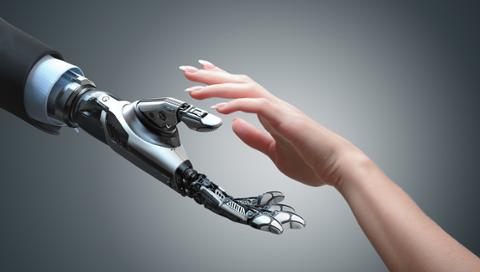IBM plans on pausing hiring for roles that could be replaced by artificial intelligence (A.I.).
In May, IBM CEO Arvind Krishna said that pause would encompass roughly 7,800 jobs at the company, mostly back-office functions such as HR. At least some of that reduction will stem from attrition as people leave roles. Krishna also thinks that nearly a third of non-customer-facing roles could be eliminated by A.I. within the next five years or so.
IBM’s decision is exactly the sort of thing that makes tech professionals anxious about automation impacting their future employment. But will automation really take more jobs than it potentially creates? That’s a multi-trillion-dollar question.
During a recent interview with CNBC, Microsoft CEO Satya Nadella suggested that A.I.-powered tools will allow more people to generate code and build apps. “I mean, there can be a billion developers. In fact, the world needs a billion developers,” he said. “So the idea that this is actually a democratizing tool to make access to new technology and access to new knowledge easier, so that the ramp-up on the learning curve is easier.” In other words, companies like IBM might replace human workers with automated processes, but those workers could conceivably use A.I. to build and market their own services and businesses.
There’s also the optimistic view that automation will free up tech professionals to focus on the more creative parts of their full-time roles, such as coming up with brand-new features. This technology could also create entirely new jobs such as prompt engineer. Adjusting to that upcoming reality, however, will require professionals to sharpen their existing skills (including “soft skills” such as empathy and communication) or learn entirely new ones.
But even if many tech professionals successfully adjust to A.I., tech jobs potentially remain vulnerable to automation. A recent report by Goldman Sachs predicted generative A.I. could end up automating 300 million jobs, including many tech-related ones. Nobody knows what the next decade holds, but keeping your skills up-to-date—and remaining professionally well-rounded—can help “future proof” your career.


